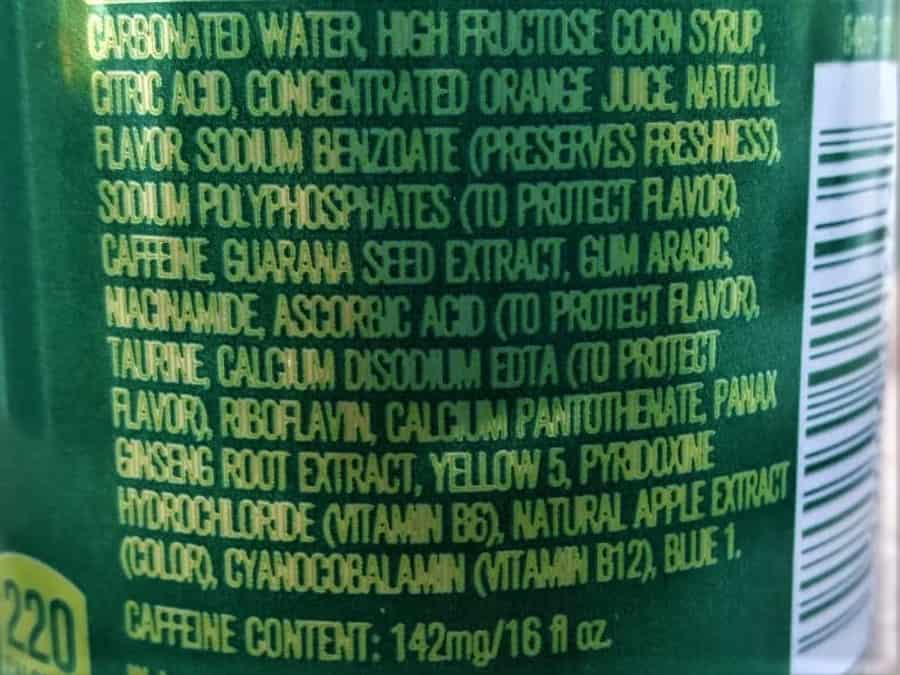

Only one company committed to all specific measures: labeling products as not intended for youth under age 18, restricting advertising buys to media where no more than 35 percent of the audience is under age 18, restricting social media access for youth under age 18, and avoiding featuring youth under age 18 in energy drink marketing campaigns.Only 4 of the 12 companies said they would not market to youth under age 18 (these companies constitute 90% of the market).Durbin (D-Ill.), and Richard Blumenthal (D-Conn.)Ĭoncerned about the effects of these drinks on the health of America’s youth, the Senators held hearings and sent a questionnaire to the 16 major companies that make these drinks “to assess the extent to which the energy drink industry as a whole will commit to voluntary measures that will better protect young consumers and prevent misuse.”īuzz Kill summarizes what they learned from the 12 companies that responded.


Markey (D-Mass.) in coordination with the staff of Senators Richard J. Take a look at Buzz Kill, a report on the marketing of highly caffeinated energy drinks by the staff of Senators Edward J. Maybe, but some members of Congress are willing to take action. Given that our current Congress is highly unlikely to enact mandatory guidelines, improving voluntary guidelines is the best we can do. Some of the reaction to yesterday’s post commenting on guidelines for voluntary restrictions on marketing to kids focused on political realities.


 0 kommentar(er)
0 kommentar(er)
